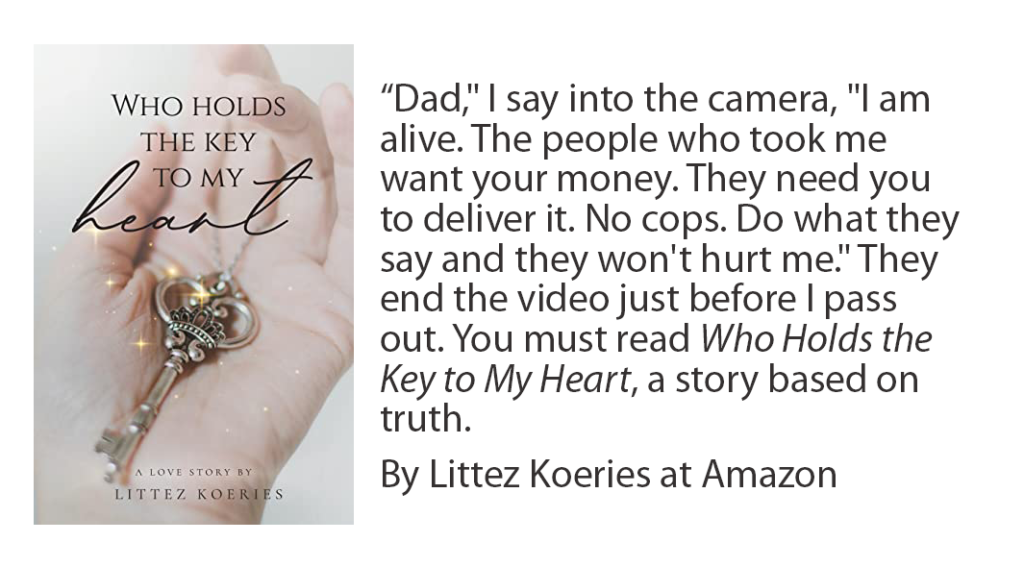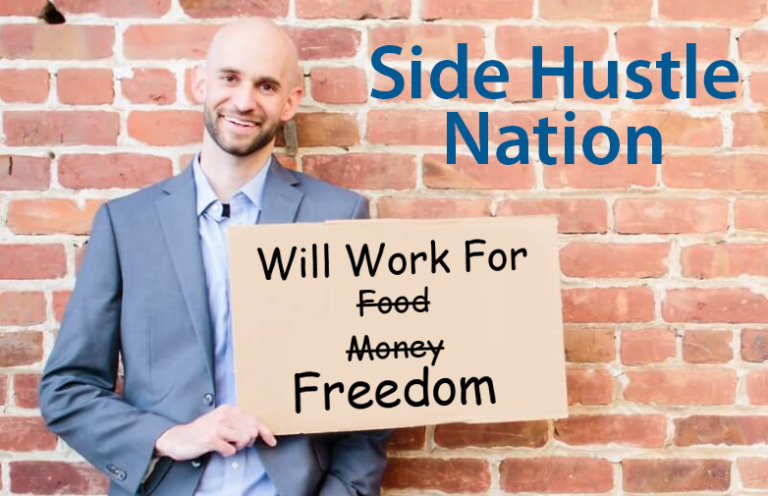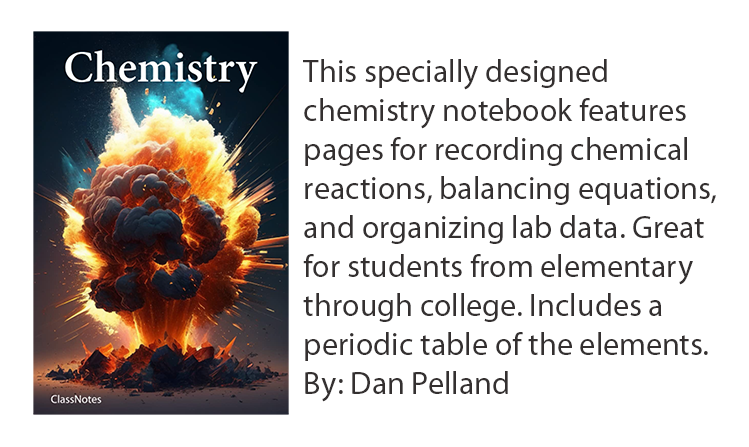Every one of us has a stake in the outcome
It’s a peculiar statement: the writers’ strike is about every writer, illustrator, and creative worker. Why is it true? Two unions representing writers in film, radio, news, and television went on strike for a number of reasons, including the fact that writers feel they are not paid enough for their work. But more importantly, they believe their craft is disrespected. And that disrespect trickles down to all of us in this business of creating stuff for people to read, watch, or look at.
The writers want consistent pay structures, equitable contracts, and a fair shake in all aspects of the craft. Everywhere, we are confronted with $5.00 content hacks, artificial intelligence cheats, and new technologies that offer throwaway creative products. They become more obvious daily in every aspect of content and illustration-making. For that reason, it’s extremely challenging for skilled people to make a solid living in their creative businesses. I’m betting you’re feeling it too.
The writers’ strike is about every writer’s future
This strike could have a big impact on the entertainment industry, the publishing industry, two-dimensional arts, and the people who rely on those for jobs. But make no mistake; the strike should make creative workers recognize an opportunity to learn about the future of the profession.
The writers’ strike is about every writer and every creative worker. Creatives should make sure we understand the current debates about the ways technology is altering the profession. It’s essential to know what these technologies are, study them, and be proactive about how to use them to our advantage. It is not a question of whether such developments will impact careers but when that impact will come. And the time is beginning right now.
Impacted workers must find opportunities by combining storytelling or illustrative skills with emerging technologies like virtual reality, augmented reality, AI generation, or interactive media. By staying informed and adaptable, we creatives can position ourselves as versatile, innovative makers while getting ready to navigate and embrace the future.
Here are three important things you should take away from this strike
- Creativity deserves fair compensation, but that’s not always easy to get. Never abandon the idea that creative work has value and should be paid appropriately. However, understand the challenges that come with earning fair wages in this field. Learn about the business side of creative industries, like contracts, negotiations, and intellectual property rights, so you can advocate for yourself and protect your work.
- Advocacy and solidarity can make a difference. The writers’ strike shows the power of standing together and fighting for better treatment. The writers’ strike is about every writer’s obligation to join forces with their colleagues to protect rights and create better working conditions. Believe in the crucial role creatives play in making content and images, and value their contributions. Don’t choose to settle for substandard compensation because some people do.
- Technology is changing all industries that rely on creative communications. It’s adapt or fail now. Stay informed about these changes and explore how you can ethically use emerging technologies.
As the entertainment industry evolves, aspiring creative workers and students must be proactive and pay attention to labor activism, new technologies, and the rise of other challenges. The ongoing strike has the potential to bring positive changes to the field and empower workers. Consider that where once hand sewing of costumes and props was the norm, the sewing machine, CGI, and other tech changed the entire landscape. Workers once feared losing their places in those creative endeavors, but those who learned new skills and adapted their processes survived and prospered.
New technology — fear it or exploit it
Yes, advancements in technology transformed the world of professional creativity, including the use of artificial intelligence (AI) programs and the rise of streaming services with insatiable demands for content. Streaming allows writers to reach audiences directly and offers expanded opportunities. These changes significantly impact the way content creation and distribution.
The new wave of content is in flux. Some of it is trash — from inept opportunists jumping on new fads. A lot of it is made without regard to ethics or legalities. But more and more often, new material is conscientiously made by humans learning ethical applications of new tools. Those workers, the ones who have always presented high-quality content, will likely prevail.
The writers’ strike is about every writer preserving a human tradition
The strike made AI programs, like ChatGPT, a negotiation focal point. They are demanding that studios strictly limit the use of AI in order to preserve the craft of writing. While this technology can be helpful, it raises questions about the role of human creativity and the potential for AI to replace certain aspects of the writing process. If you don’t understand these issues, you can’t navigate the changing landscape and adapt your skills.
By staying informed and proactively engaging, you can position yourself as versatile and forward-thinking.. This knowledge lets you thrive in an industry that has always sought evolving and fresh perspectives and creative approaches.
As creatives, we are, by definition, innovators. Think about it, it’s our job to embrace progress, adding fresh perspectives to the entertainment and publishing fields. We can shape our careers to meet digital age demands and contribute to the future of human creativity. There’s no reason we shouldn’t expect fair compensation and respect for our talents and skills.




